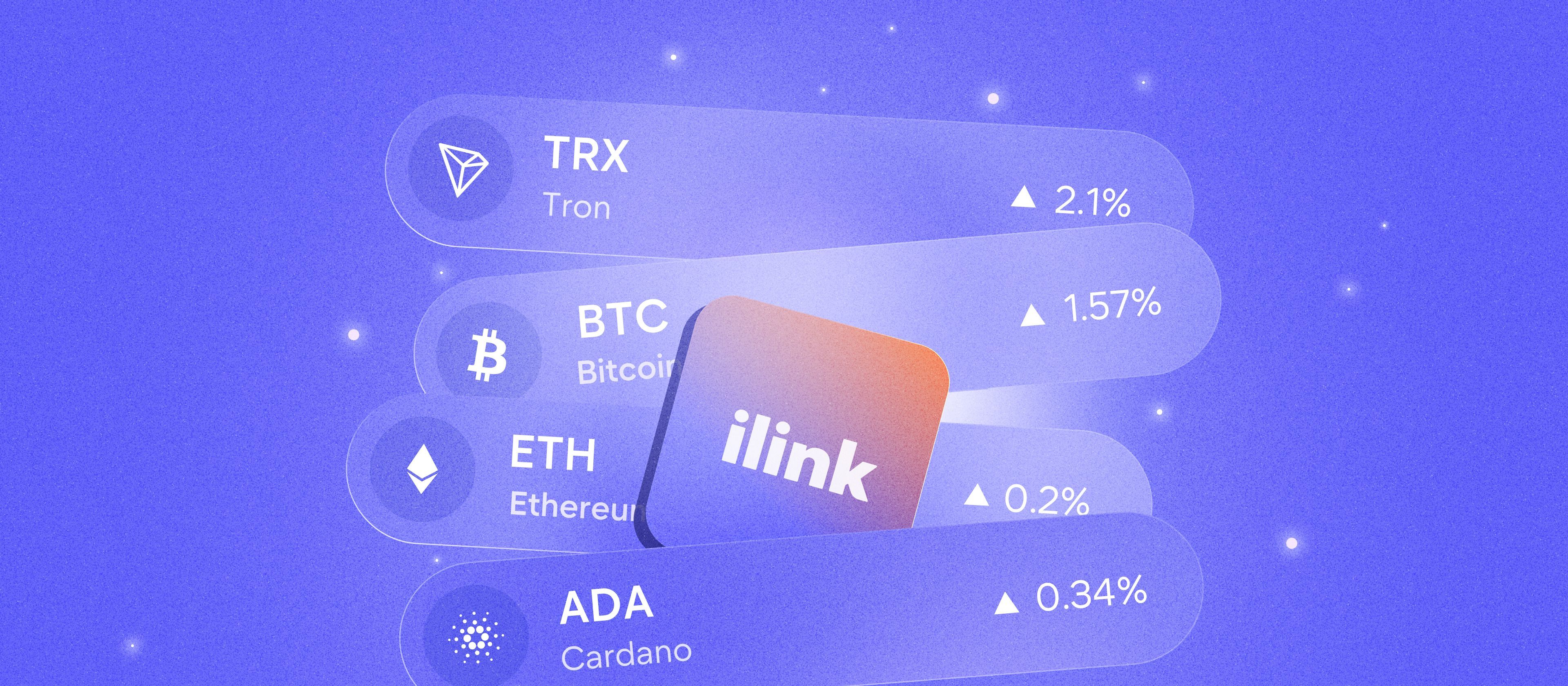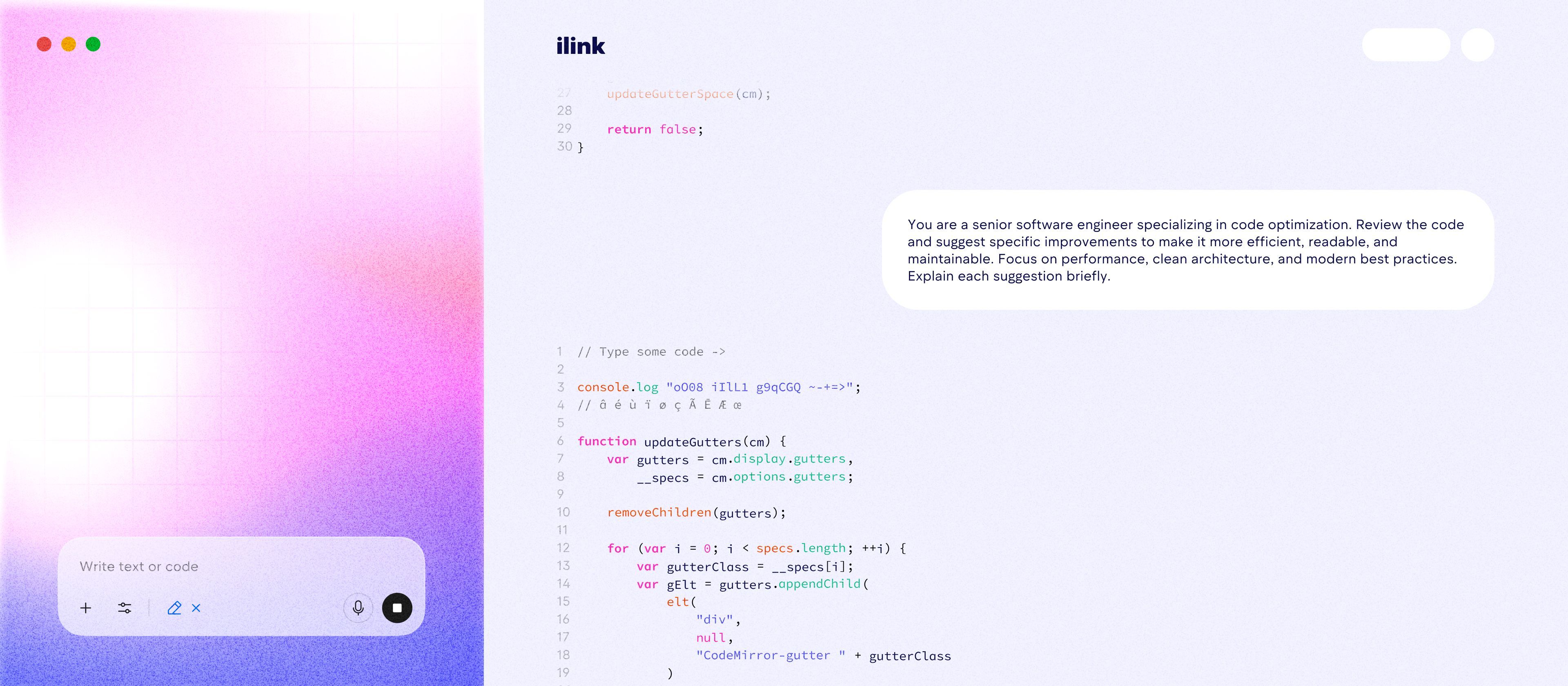How Much Does It Cost to Develop a Mobile App in 2025-2026: Full Breakdown and Key Factors
Introduction
In today’s digital economy, mobile applications have become a critical part of business strategy. Whether you’re launching a startup or scaling an enterprise, having a mobile app helps you reach customers, streamline operations, and increase revenue. But one question remains essential for every business owner, how much does it cost to develop a mobile app?
The answer depends on multiple factors, including design complexity, technology stack, and development approach. Understanding the mobile app development cost helps plan budgets effectively and ensures that your investment delivers measurable results.
What Determines the Cost of Mobile App Development
The total cost to make an app is influenced by a variety of technical and business decisions. Before development begins, companies should evaluate the following key factors:
- App complexity. Simple MVPs cost significantly less than full-scale enterprise applications with advanced features.
- Platform choice. Building for iOS, Android, or using cross-platform app development affects both time and cost.
- Design quality. Custom animations and advanced UX/UI elements increase design time and expenses.
- Backend and integrations. APIs, cloud services, payment systems, or blockchain mobile app development require additional resources.
- Developer location and experience. Rates vary between regions, but experienced teams deliver more reliable, scalable solutions.
Planning these aspects early allows businesses to manage their app development cost factors efficiently and avoid unnecessary spending.
Average Mobile App Development Cost by Type
While every project is unique, there are general benchmarks for mobile app development pricing:
- Basic MVP apps: $20,000–$40,000 ideal for testing ideas or entering the market.
- Medium-complexity apps: $50,000–$80,000 suitable for marketplaces, fintech platforms, or eCommerce.
- Enterprise solutions: $100,000–$250,000 for large organizations with multi-user roles and data integrations.
- AI or blockchain apps: $120,000+ for high-performance, data-driven, or decentralized systems.
The average mobile app development cost depends on project goals, features, and maintenance requirements.
Cost by Platform: iOS, Android, or Cross-Platform
Choosing the right platform directly impacts your mobile app development cost.
- iOS app development cost is often slightly higher due to Apple’s review standards and testing requirements.
- Android app development cost can increase if extensive device compatibility is required.
- Cross-platform app cost is typically 30–40% lower since one codebase works across both systems.
For startups and growing businesses, cross-platform app development using React Native or Flutter offers a balance of speed, performance, and affordability.
Mobile App Development Stages
The mobile app development process cost can be broken down into key stages that define how resources are allocated:
- Discovery & Planning. Business analysis, feature definition, and project roadmap.
- UX/UI Design. Wireframes, prototypes, and interface creation.
- Development. Coding, integrations, and architecture setup.
- Testing & QA. Ensuring performance, usability, and security.
- Deployment & Maintenance. Publishing, updates, and performance monitoring.
Following a structured app development lifecycle allows teams to deliver high-quality products within predictable budgets.
Additional Costs to Consider
Beyond the initial build, there are ongoing expenses associated with every mobile app:
- Mobile app maintenance cost, regular updates, bug fixes, and new features.
- App hosting cost, cloud servers, databases, and data storage.
- App store fees, Apple App Store and Google Play charge submission and transaction fees.
- Marketing and analytics, promotion and user engagement tools after launch.
Budgeting for these items ensures a sustainable and scalable digital product over time.
How to Optimize Your App Development Budget
Cost optimization doesn’t mean cutting quality, it’s about smart planning. Here’s how to reduce your app development pricing without compromising performance:
- Start with an MVP and validate your idea before scaling.
- Use cross-platform app development to reach more users faster.
- Reuse components and apply modular architecture.
- Choose a custom mobile app development company with proven experience in your industry.
By following these steps, businesses can build high-quality apps at a more cost-effective app development rate.
Why Partner with ilink for Mobile App Development
As an experienced mobile app development company, ilink helps businesses transform ideas into functional, scalable products. The company’s expertise spans custom mobile app development, blockchain integration, and AI-powered solutions, enabling clients to innovate while optimizing costs.
With a transparent approach and agile workflow, i,ink ensures that each phase of the mobile app development process aligns with business goals and delivers measurable ROI. From MVPs to enterprise-grade solutions, i,ink provides the flexibility and reliability that modern companies need.
Determining how much it costs to develop a mobile app depends on your vision, goals, and desired functionality. Every feature, integration, and design decision affects the total cost to build a mobile app, but careful planning and expert execution ensure long-term value.
Whether you’re developing a startup project or an enterprise platform, partnering with a trusted software and blockchain development company like ilink guarantees a clear roadmap, transparent pricing, and scalable results.
Start your journey today - get a free consultation with ilink’s experts and discover how to turn your idea into a successful mobile application.
Comments (0)
Latest Posts
Modern banking technologies enable financial organizations to operate faster, reduce costs, and deliver a seamless digital experience that is becoming a major competitive advantage.
A well-structured AI software development life cycle helps teams manage data, train reliable models, ensure ethical operation, and achieve measurable results.
Do You Have Any Questions?
Leave your details - we will contact you to answer all your questions




